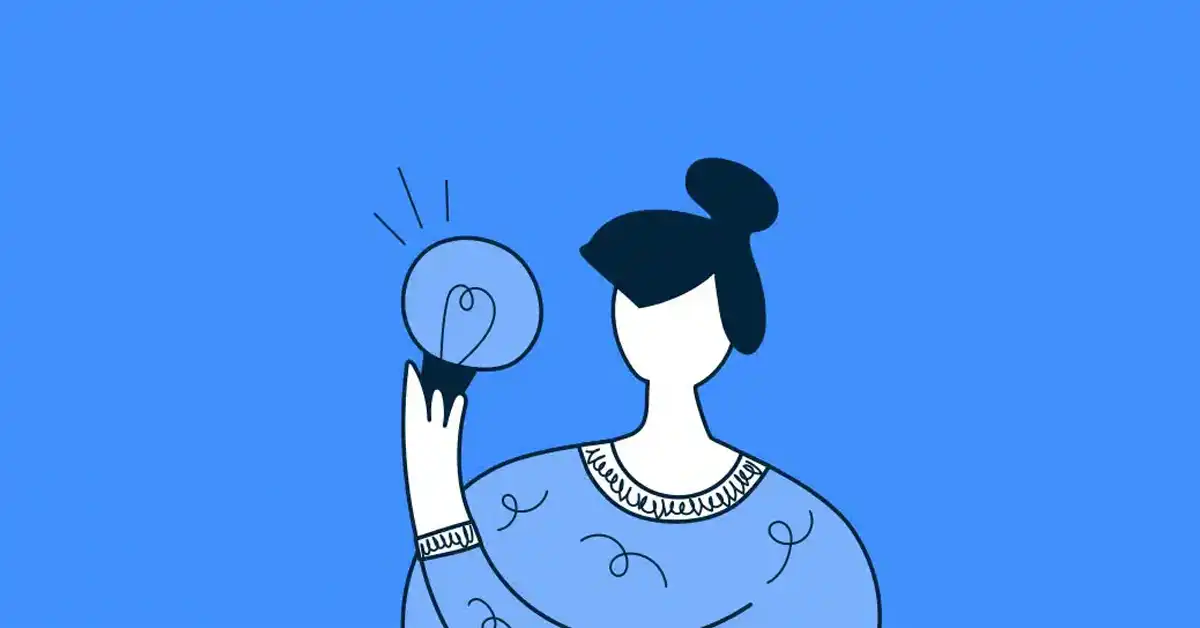Everyone is talking about ChatGPT.
If you are just nodding your head along with them and pretending you know what they are talking about, here is your cheat sheet…
ChatGPT was created by OpenAI and launched as a prototype on November 20, 2022. It quickly gained massive attention for its articulate answers and detailed responses. Within a week of launching, it had 1 million users. By December 29, 2022, that number had doubled to over 2 million users.
When we’re talking about ChatGPT, Chat refers to a chatbot and GPT is an acronym for Generative Pre-trained Transformers.
Chatbot – noun – a computer program designed to simulate conversation with human users, especially over the internet.
Generative Pre-trained Transformer – noun – is a family of language models generally trained on a large corpus of text data to generate human-like text.
But, that’s a mouthful, so let’s break down what it actually means. ChatGPT is a chatbot that’s powered by machine learning and AI.
You can try ChatGPT for free at chatgpt.com.
How does it work?
If you’ve tried it, you know ChatGPT can…
- answer questions
- summarize articles
- generate lists
- create original written content like poetry and essays
- …and a whole lot more.
But, how does it work? The simple answer… on the job training.
ChatGPT is trained using both supervised learning and reinforcement learning. Both of these approaches utilize human trainers in the form of feedback from users and the staff at ChatGBT. That feedback is gathered and then trains the models to be smarter.
Users can upvote or downvote the responses they receive from ChatGPT. When upvoting or downvoting, they can also leave a comment with additional feedback.

Is it as great as everyone is saying?
My first encounter with ChatGPT was in a town Facebook group where parents and teachers were discussing the new technology and what it might mean for book reports and research papers at the local high school. One parent lamented that students will never again have to write a paper.
Let’s not get carried away. I don’t know about you, but when I come across an AI-generated article on the internet, I can usually tell. They lack personality and have subtle but noticeable grammatical errors. One such error I see is repeating the same information in subsequent sentences but worded slightly differently.
While ChatGPT is powerful, it does have some drawbacks.
Here are just a few:
- The accuracy of responses can be variable. Based on one prompt you may get something that is excellent and usable. Yet another may leave you scratching your head.
- It can only reference data up to 2021, though, this may change with subsequent updates to the software. Only time will tell how this new tool will evolve.
- According to OpenAI, ChatGPT “sometimes writes plausible-sounding but incorrect or nonsensical answers”.
What are the implications for you?
As seasoned professionals, we’ve been through multiple tech revolutions before and fared just fine. I suspect we’ll do the same here. However, those of us with certain jobs and areas of expertise might be looking at ChatGPT and wondering how this is going to change the face of our industries.
Writers, educators, programmers, and customer service professionals seem to be at the top of the list of those who are wary of this new tech. As the owner of a small creative agency, and with ChatGPT’s ability to code and build websites, I’d be lying if I said I wasn’t watching this situation closely.
Here’s a simple way to think about it… when the modern electronic calculator was created in 1967, it didn’t make accountants obsolete. It became a tool to help them do their job more easily and accurately. That’s where I see this going, too.















